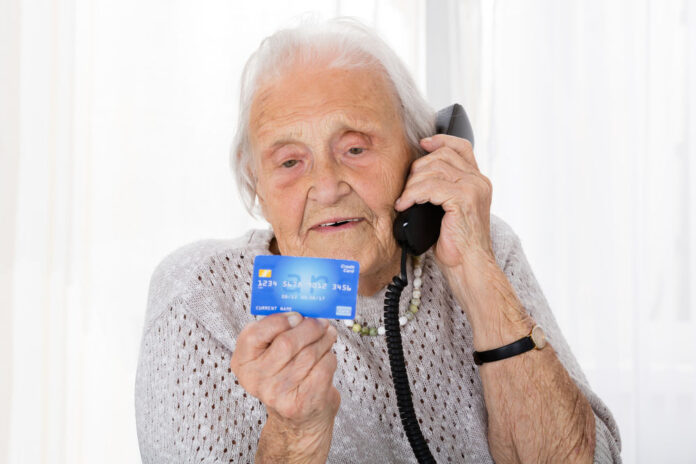By Joan Koczor
As our lives become increasingly busy we look for shortcuts to pay bills, shop and bank. While they may save time, such shortcuts often involve risk and can lead to serious consequences.
Cyber-related crimes involving identify theft, fraud and scams occur when someone wrongfully obtains and uses someone’s personal information to open credit cards or access their bank account.
I’m sure many of you have received a phone call or email from a seemingly legitimate source. Many times, you are asked to verify or update personal information so they can “verify” they are talking to the right person. Criminals create fictitious websites for home repair, computer repair and donation to a well-known charity to name a few. The purpose of these websites is to gain personal information.
It is important you protect yourself from identify theft and avoid many problems and possible loss of your hard-earned money.
Protect your personal information.
- Do not share personal information via phone, mail or especially the Internet unless you know the person you are dealing with.
- Shred old receipts, account statements and unused offers of credit cards.
- Chose pin numbers that are difficult to guess. Don’t use a birth date or phone number or anything that might be common knowledge.
- Check your bank and credit card statements carefully. Report any unusual activity immediately.
- Make sure the Wi-Fi network is secure. Be extremely careful where you log into your accounts.
Have you or someone you know been a victim of fraud or a scam?
Many of us may have received an email or text message where you are asked to click on a link to get the message. That link may install malware that allows thieves/hackers access to your computer and gain personal information.
If you don’t know the sender – don’t open the message. Unsolicited offers requiring you to act fast are most likely fraudulent. Emails from “a friend” in a foreign country asking for money so they can get home are an obvious scam to get you to send money.
Especially vulnerable are those with a landline. The scam occurs when the caller asks, “Can you hear me?” When you reply “yes” your reply is recorded and is used to authorize charges via telephone on the person’s utility card.
I have covered only a few ways identify theft, scams or fraud can happen.
For additional information or to file a complaint or what to do to block scams contact:
Attorney General of Arizona: [email protected], 602-542-5763
Consumer Protection information: AZAG.com
Fraud against seniors: FBI.gov
FDIC Corporation: FDIC.gov/Consumers/Assistance
Federal Trade Commission: FTC.com
Source: Information provided from FTC, FDIC websites
Joan Koczor is an advocate for Maricopa seniors and a member of the Age-Friendly Maricopa Advisory Committee.
This column appears in the September issue of InMaricopa.






![Senior Info/Expo draws hundreds Clinical Liason Elaina Young of Compassus Hospice and Palliative Care speaks with an attendee at the Senior Info/Expo at the Maricopa Library and Cultural Center on Jan. 20, 2024. [Monica D. Spencer]](https://www.inmaricopa.com/wp-content/uploads/2024/01/spencer-012024-senior-info-expo-web-01-218x150.jpg)











![Elena Trails releases home renderings An image of one of 56 elevation renderings submitted to Maricopa's planning department for the Elena Trails subdivison. The developer plans to construct 14 different floor plans, with four elevation styles per plan. [City of Maricopa]](https://www.inmaricopa.com/wp-content/uploads/2024/04/city-041724-elena-trails-rendering-100x70.jpg)